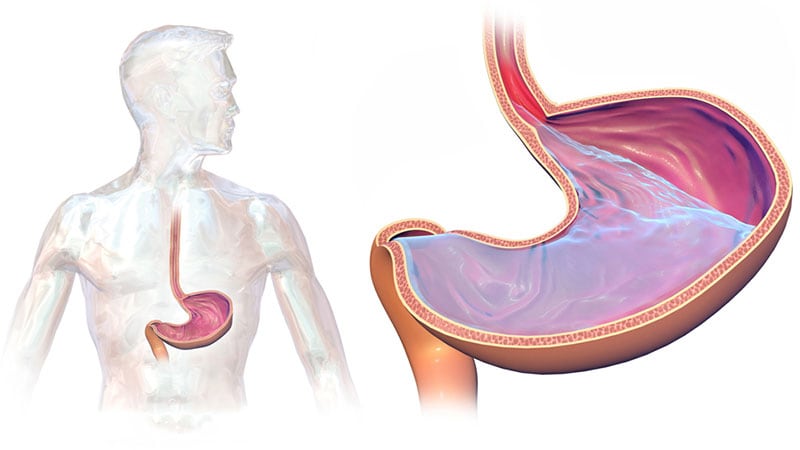Core Concepts
Exercise can both contribute to and reduce the risk of GERD symptoms, with various factors influencing the outcome.
Abstract
The article discusses the impact of exercise on gastroesophageal reflux disease (GERD) symptoms, highlighting the complex mechanisms involved and the varying effects of different types of exercise. Key points include:
Vigorous sports-related exercise can worsen GERD symptoms due to increased abdominal pressure.
Exercise-induced GERD is influenced by factors like lower esophageal sphincter pressure and esophageal motility.
Studies show that exercise may not significantly impact GERD symptoms in confirmed cases.
Meta-analyses suggest that exercise can decrease the risk of GERD by about one third.
Confounding factors like diet, alcohol use, and occupation are often overlooked in studies on exercise and GERD.
Regular exercise in the general population may reduce the risk of pathological GERD but not its complications.
Does Exercise Help or Hinder GERD?
Stats
Approximately 60% of athletes report GERD symptoms due to increased abdominal pressure.
Exercise decreases the risk of GERD by about one third, after adjusting for BMI.
Odds ratio for nonsports-related exercise and Barrett's esophagus: 1.19; 95% CI, 0.82 - 1.73.
Quotes
"Exercise considered vigorous (sports-related) contributes to GERD by altering the antireflux barrier and increasing constraints on the esophageal junction." - Zerbib
"Overall, evaluating the impact of exercise on GERD is no small feat." - Zerbib
Key Insights Distilled From
by Nathalie Raf... at www.medscape.com 04-06-2023
https://www.medscape.com/viewarticle/990541
Deeper Inquiries
What lifestyle factors beyond exercise could influence GERD symptoms?
Beyond exercise, several lifestyle factors can influence GERD symptoms. Diet plays a significant role, with high-calorie or high-fat diets known to increase the incidence of GERD. Alcohol consumption is another factor that can exacerbate GERD symptoms. Additionally, occupation may also play a role, although it is often overlooked in studies. Patients who regularly exercise may also tend to have healthier eating habits, which can contribute to a lower risk of developing GERD symptoms.
How do the findings of this article challenge common perceptions about exercise and GERD?
The findings of this article challenge common perceptions about exercise and GERD by highlighting the complexity of the relationship between the two. While vigorous, sports-related exercise can have a detrimental effect on GERD due to factors like increased abdominal pressure and alterations in the antireflux barrier, nonsports-related exercise may not significantly impact GERD symptoms or characteristics seen on pH monitoring. This challenges the simplistic view that all types of exercise either help or hinder GERD uniformly.
How might the impact of exercise on GERD differ across various age groups?
The impact of exercise on GERD may differ across various age groups due to differences in physiological factors and lifestyle habits. Younger individuals may engage in more vigorous sports-related exercise, which can exacerbate GERD symptoms due to increased abdominal pressure. On the other hand, older individuals may benefit from regular exercise in terms of reducing the risk of pathological GERD, as exercise is often associated with a healthier lifestyle. Additionally, age-related changes in esophageal motility and lower esophageal sphincter pressure may influence how exercise affects GERD symptoms in different age groups.
0
